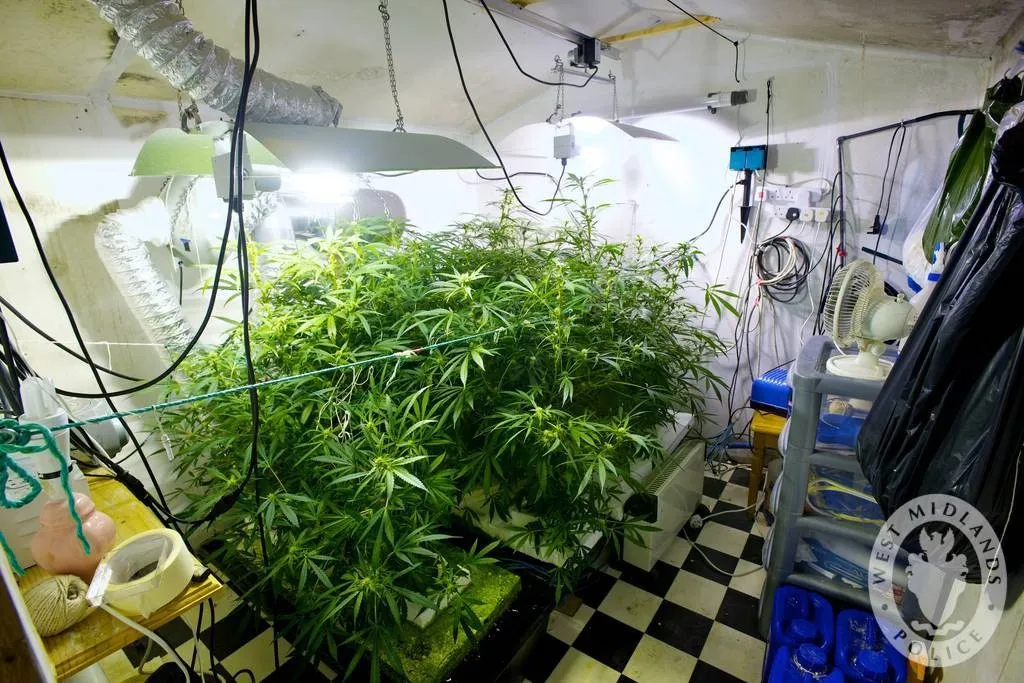
In an era where environmental consciousness and sustainable practices are becoming increasingly crucial, the cultivation of cannabis has emerged as a compelling option that offers a range of sustainability advantages. As the global community grapples with the pressing challenges of climate change, resource depletion, and the need for more eco-friendly industries, the cannabis plant presents a unique opportunity to address these concerns.
One of the primary sustainability benefits of cannabis cultivation lies in its water efficiency. Cannabis plants are known to be highly resilient and adaptable, requiring significantly less water compared to many traditional cash crops. This makes cannabis an attractive choice for cultivation in regions facing water scarcity or drought, as it can contribute to the conservation of this precious natural resource.
Moreover, cannabis cultivation has the potential to play a role in soil remediation and land restoration. The deep root systems of cannabis plants can help to stabilize and improve soil structure, while the plants themselves can absorb and store carbon, contributing to the mitigation of greenhouse gas emissions. This makes cannabis cultivation a valuable tool in the fight against climate change and environmental degradation.
Another noteworthy sustainability advantage of cannabis lies in its versatility as a raw material. The cannabis plant can be used to produce a wide range of products, from textiles and building materials to biofuels and paper. This versatility allows for a more holistic and efficient utilization of the plant, minimizing waste and contributing to a more circular economy.
Furthermore, the cannabis industry’s focus on sustainable cultivation practices, such as the use of organic fertilizers, natural pest management, and renewable energy sources, aligns with the growing demand for environmentally responsible products. By embracing these sustainable practices, the cannabis industry can set an example for other agricultural sectors and inspire a broader shift towards more eco-friendly production methods.
Beyond the direct sustainability benefits, the legalization and regulation of cannabis cultivation can also have positive ripple effects on the broader community and economy. The creation of new jobs and the generation of tax revenue can contribute to the funding of environmental initiatives, social programs, and infrastructure improvements, ultimately supporting the development of more sustainable and resilient communities.
As the cannabis industry continues to evolve and expand, the opportunities for leveraging its sustainability advantages become increasingly compelling. By recognizing and championing the eco-friendly attributes of cannabis cultivation, we can contribute to the larger global effort to create a more sustainable future for generations to come.


